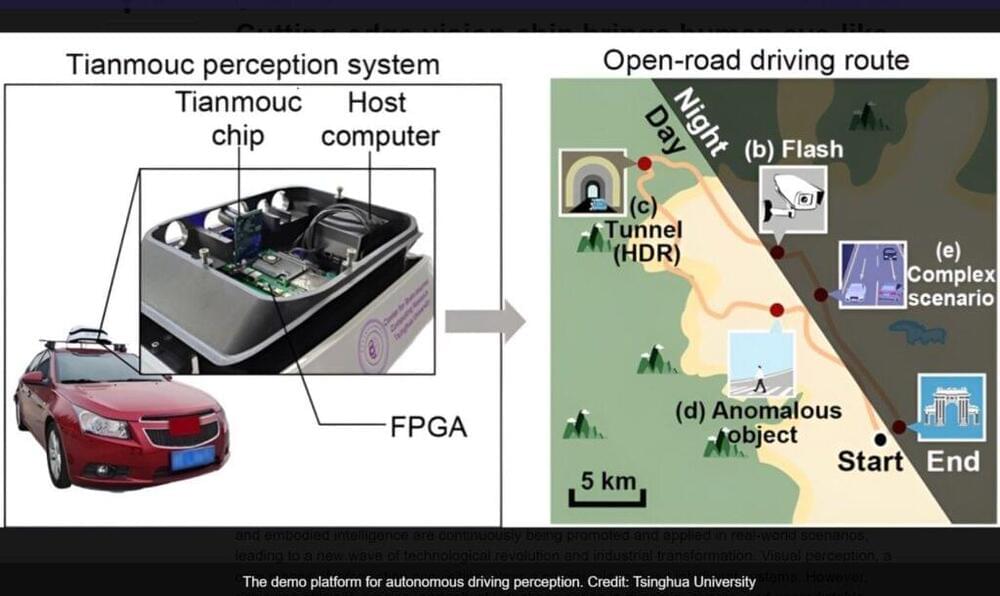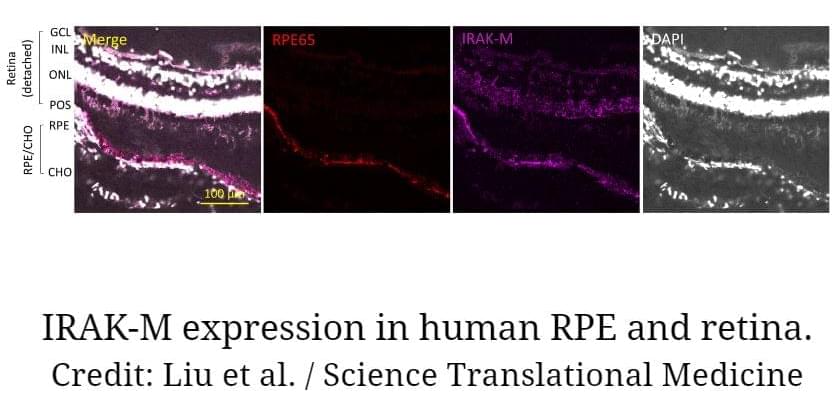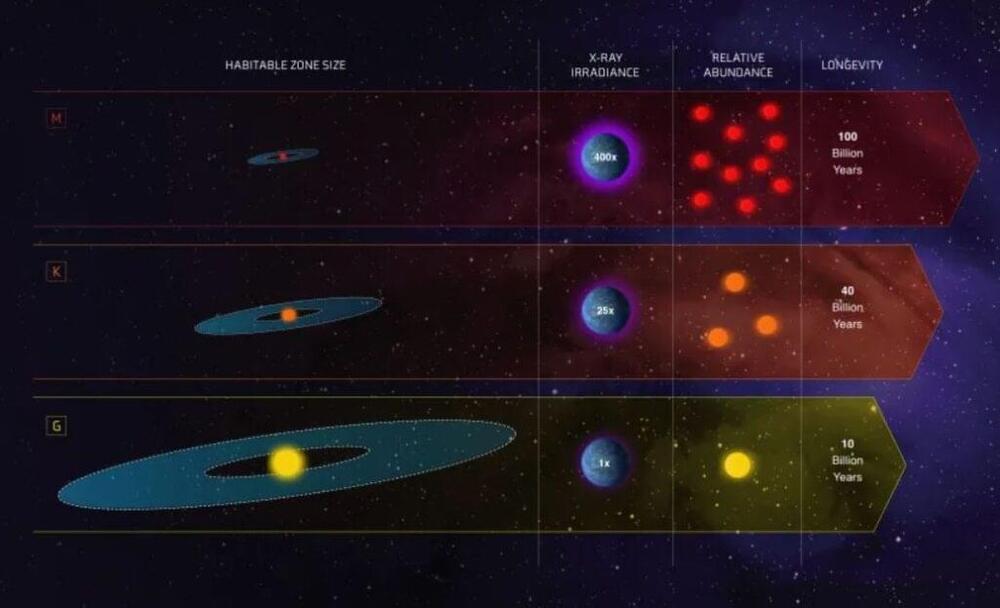
With the rapid advancement of artificial intelligence, unmanned systems such as autonomous driving and embodied intelligence are continuously being promoted and applied in real-world scenarios, leading to a new wave of technological revolution and industrial transformation. Visual perception, a core means of information acquisition, plays a crucial role in these intelligent systems. However, achieving efficient, precise, and robust visual perception in dynamic, diverse, and unpredictable environments remains an open challenge.
In open-world scenarios, intelligent systems must not only process vast amounts of data but also handle various extreme events, such as sudden dangers, drastic light changes at tunnel entrances, and strong flash interference at night in driving scenarios.
Traditional visual sensing chips, constrained by the “power wall” and “bandwidth wall,” often face issues of distortion, failure, or high latency when dealing with these scenarios, severely impacting the stability and safety of the system.


















